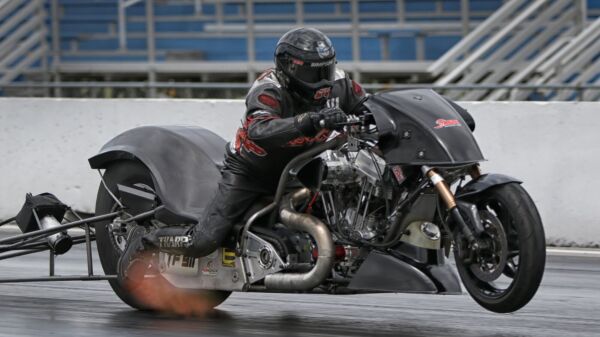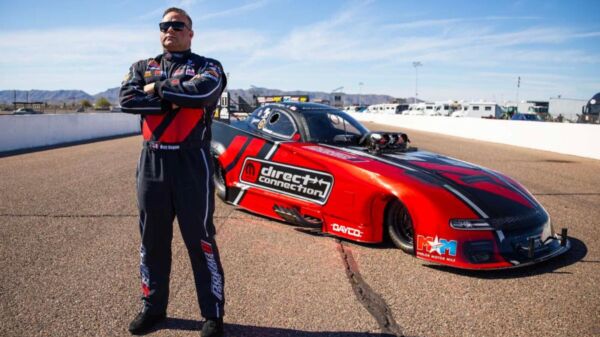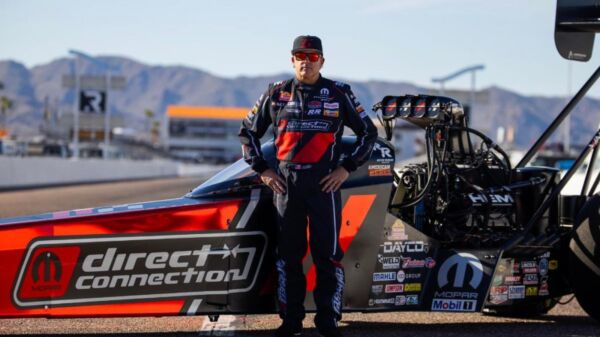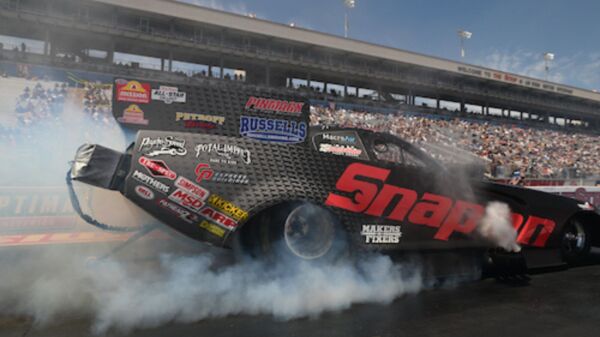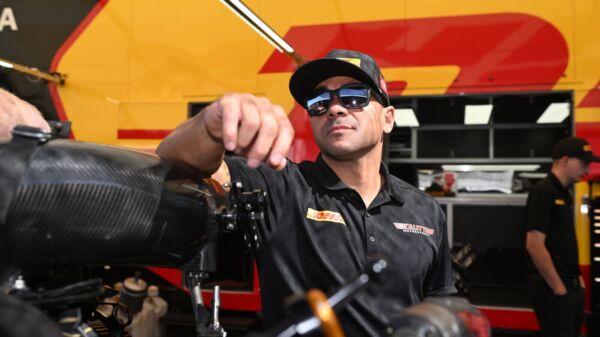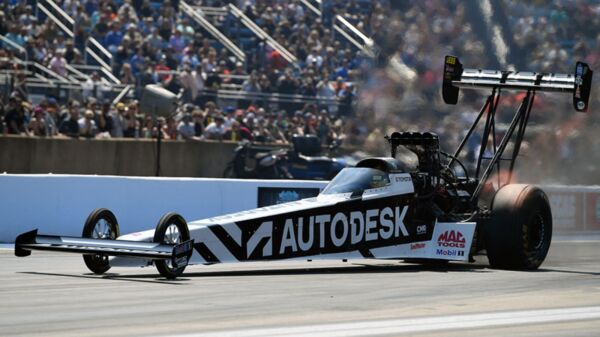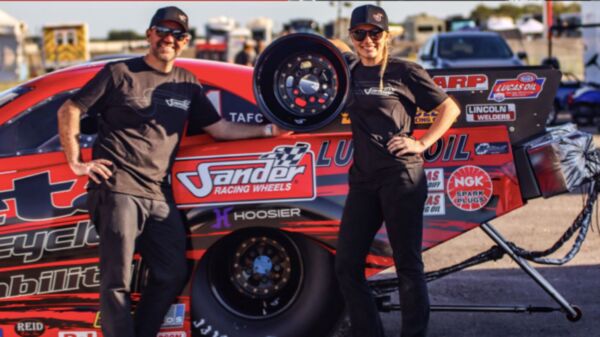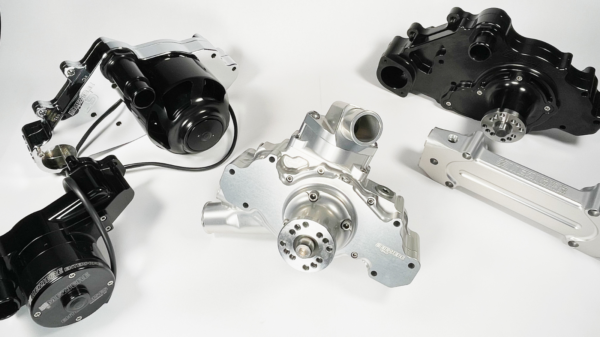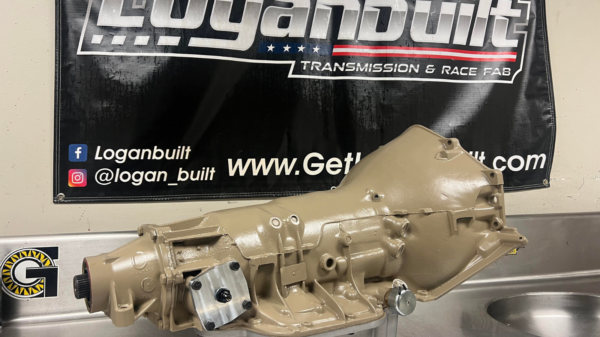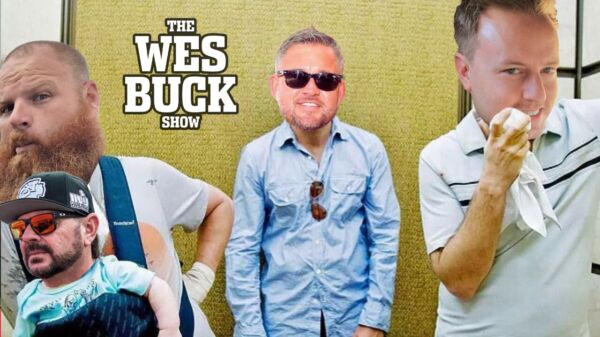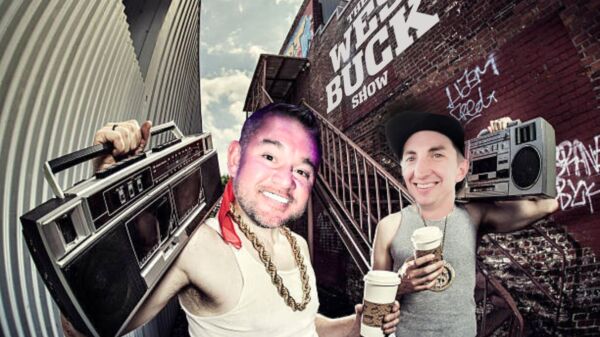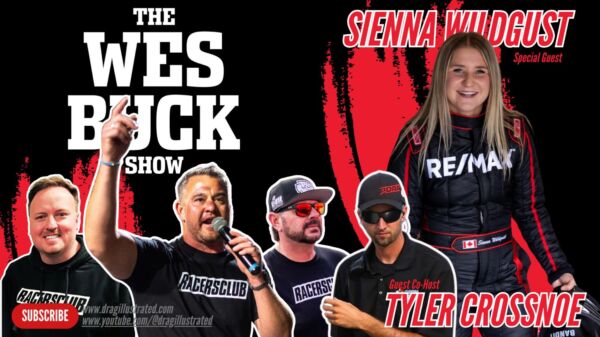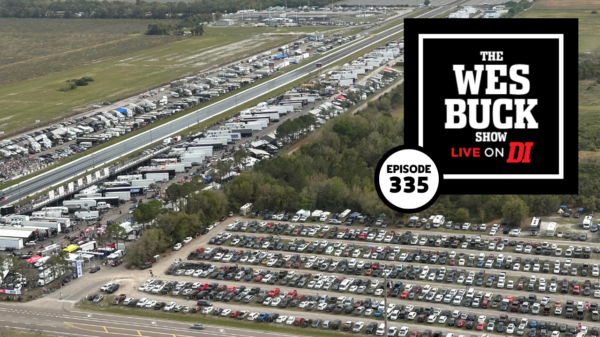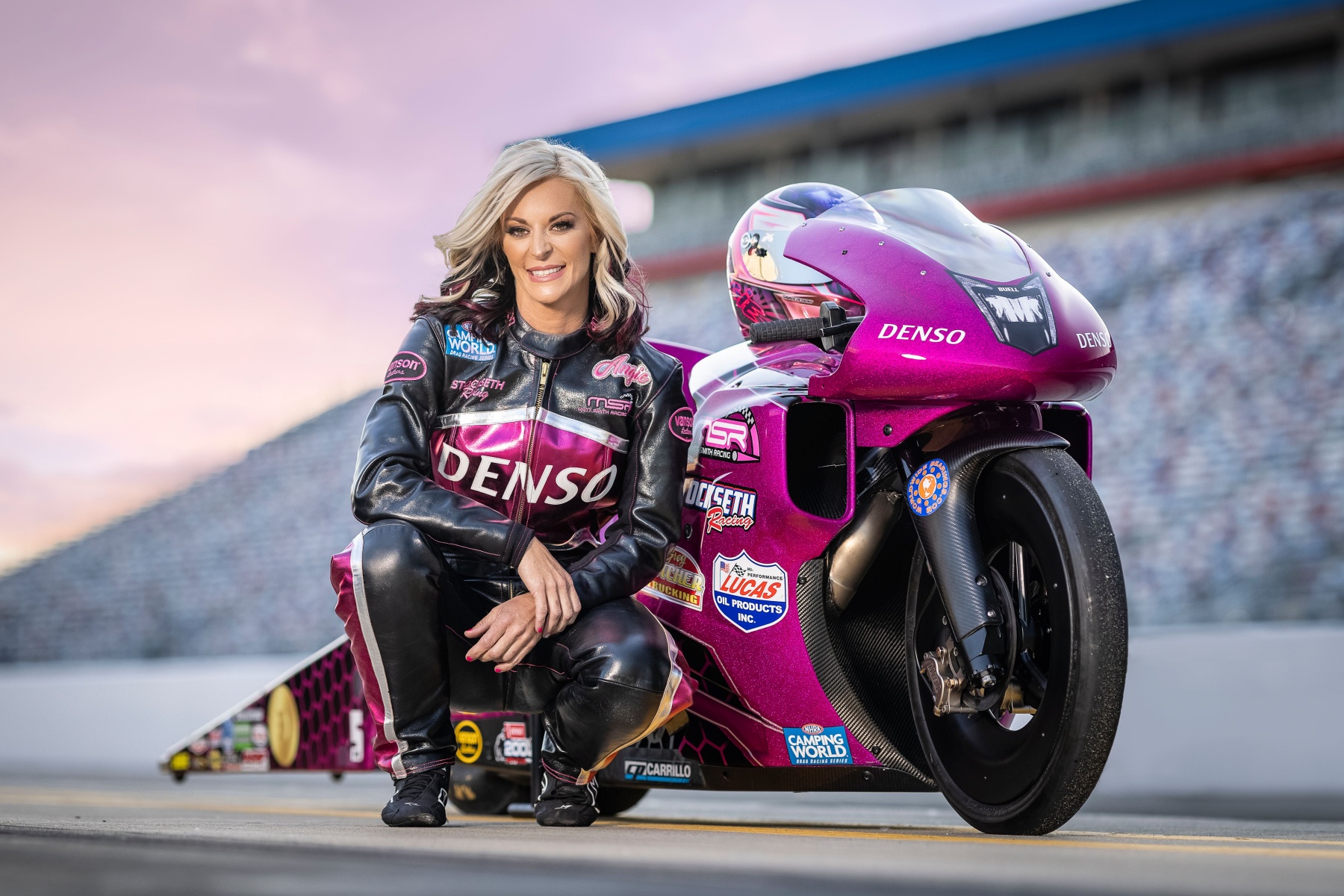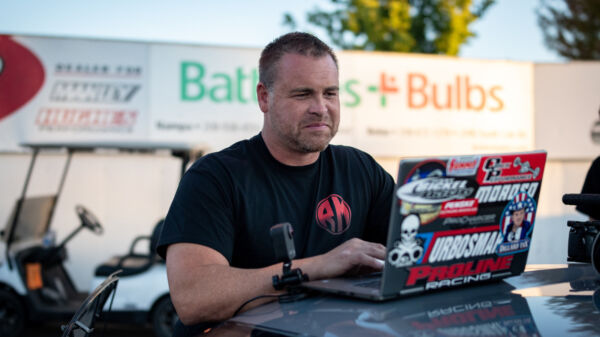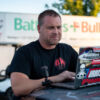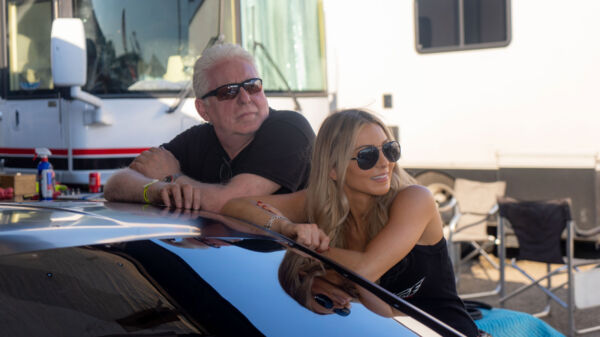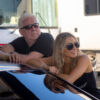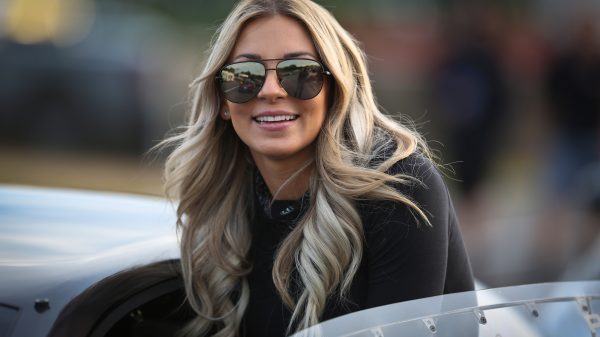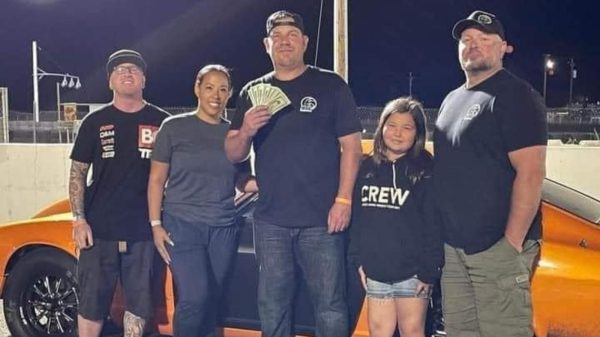Sunny skies, cool temperatures and a stunning spring forecast at zMAX Dragway in mid-May meant a picture-perfect weekend for drag racing. It also means Angie Smith wouldn’t have a free moment from racing — or whatever else her task list might include — during the early-season NHRA race in Charlotte.
That’s nothing new for the Pro Stock Motorcycle standout these days, where each race weekend sees Smith accomplish the equivalent of running a five-ring circus.
There’s the racing, of course, where Smith has come into her own in recent seasons. There’s also the bike maintenance, repairs, and changes, an area of improvement where Smith arguably takes the most pride in.
There’s also team upkeep, meal planning, event logistics, and, heck, even making sure everyone is on-brand.
[Editor’s Note: This story originally appeared in DI #168, the Women of Power Issue, in May of 2021.]
In short, it’s a far cry from Smith’s role early in her racing career in the Outlaw Pro Street ranks, where Smith raced and, well, that was about it.
“When I raced outlaw, Pro Street, I didn’t understand the fundamentals of the bike. Literally, I would come back from a run and I’d sit in the chair, and wait till we went and made the next run,” Smith says.
That’s been the most special part of Smith’s evolution in the sport.
She’s gone from a mere racer to an expert in every area. When she first started racing with her future husband, four-time Pro Stock Motorcycle world champ Matt Smith, doing it all and contributing in every way possible was a foreign concept.
Now, though, there’s not an area where Angie Smith doesn’t thrive. It’s made her a power player — and part of an impressive power couple — in the sport and well-respected in every regard of racing.
In looking at her journey, which started on a Suzuki GSX-R1100 at a local test and tune, continued with her 2004 championship in Outlaw Pro Street and has led to her becoming the first female to go 200 mph on her Denso EBR Pro Stock Motorcycle, it’s that evolution in all aspects that have helped Smith carve out her own special, unique place in the sport.
“I am so appreciative of it now because I can give [Matt] so much feedback on what the motorcycle’s doing, on what goes on in the run. I am building an engine and I’m very involved in this race team, everything from what we’re going to eat on the weekends to horsepower numbers, to put motors together. I’m very involved. I’m so glad that he made me learn that, just because it makes me appreciate, and makes me a better rider, and it helps him tune the bike,” Smith says.
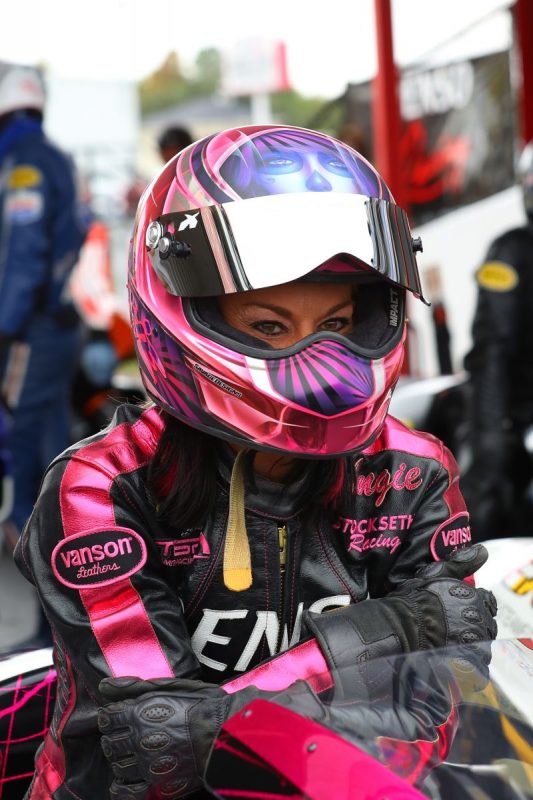 “That is why, when we’re on the starting line and one of our bikes does well, it’s not that I’m being unsportsmanlike to the other team. It’s just, I’m so happy for our team because I feel like things that I have done, contributed for us to win the race. I’m very excited and very happy when we win a race. A lot of people don’t understand what I do behind the scenes. I know my team knows, but a lot of people don’t understand that I’m at the shop, seven days a week, building engines.
“That is why, when we’re on the starting line and one of our bikes does well, it’s not that I’m being unsportsmanlike to the other team. It’s just, I’m so happy for our team because I feel like things that I have done, contributed for us to win the race. I’m very excited and very happy when we win a race. A lot of people don’t understand what I do behind the scenes. I know my team knows, but a lot of people don’t understand that I’m at the shop, seven days a week, building engines.
“I’m at the shop every day, hands-on, getting my hands dirty, cleaning parts, putting engines together. You name it, I think I do it, and a lot of people don’t understand that that is such an important part of my life now.”
It’s been such a defining part of Smith’s growth and something she never thought possible two decades ago.
She grew up around circle track racing but was immediately drawn to drag racing’s unique female presence, where she was emboldened by the success of star riders like Angelle Sampey and Karen Stoffer.
She immediately thought, “Why not me?”
There were bumps in the road — like the time she dropped the Suzuki while doing her first-ever burnout — but Smith has always risen above it all, winning her first Pro Stock Motorcycle race in 2014 by defeating her husband in the final round and adding another at the season finale a year ago during an emotional weekend in Las Vegas.
She talked with Drag Illustrated about her remarkable journey to the Pro Stock Motorcycle ranks, finding her place in the sport, managing a marriage when both husband and wife are heavily involved in the sport, and succeeding on and off the track.
After growing up around circle track racing, what was it that drew you to drag racing?
I fell in love with it for several reasons. It has no gender. You can go out there and compete with men. There’s not a women’s division and a men’s division. You can compete with men, and I like that because we all strive to be the best at what we do. So that was one of the main reasons why I wanted to jump into it, because even though we say, “Oh, we’re just another racer,” you always want to be that girl that goes out there and blows the boys up. I always wanted to be that girl growing up. I’ve always been an adrenaline junkie, and I probably always will be an adrenaline junkie. So it had many aspects that I fell in love with.
I went straight to the bikes. I mean, I knew there were cars out there, but I was very narrow-minded as in, I wanted to race motorcycles because that was, I guess, more dangerous and my parents wouldn’t approve of it. So I thought that was the best thing to do.
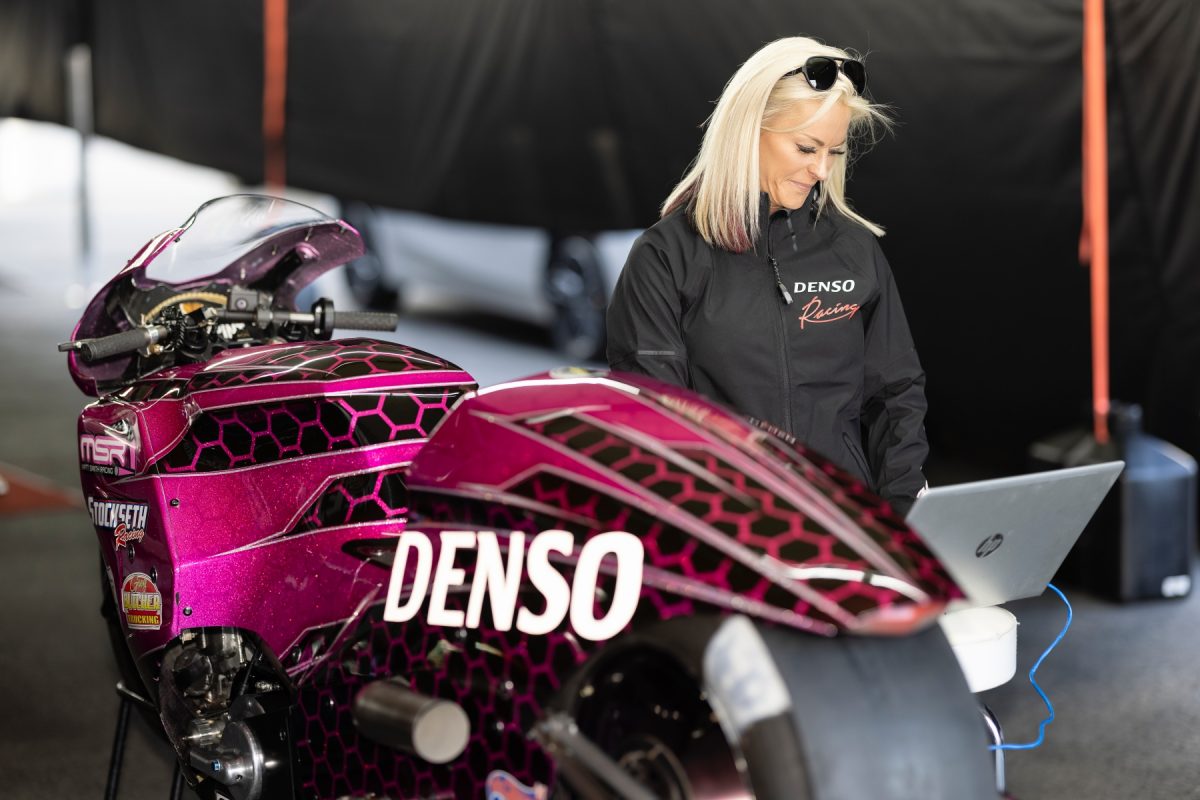
As you moved into Outlaw Pro Street, you had a lot of success, becoming the only female to ever win in that category and then winning a championship in 2004. Being the only female in that class in the outlaw ranks, was there that constant challenge of trying to prove people wrong?
It was very tough on me. They were mean, and you hear all these stories that Angelle would tell, how people were mean to her at the beginning of her career. I went through the same thing, just not on the NHRA professional level. But I went through the same thing. People telling me that you can’t do it, you don’t need to do it, or, “You need to get in the kitchen, you need to cook something.” You name it. They were as mean as it gets, and it was a little bit of everybody — racer’s wives, racers, fans, a little bit of everybody. I think that’s why that I have the thick skin that I have these days. But it has made me so much better.
Did it ever cross your mind that it wasn’t worth it or did comments like that just drive you?
It would drive me, but there were times when you’re vulnerable when you’re not doing well on the bike, and when you’re struggling, because I don’t care how long you drag race, you have struggles. So when you’re struggling and they’re beating you up, you ask yourself questions: “Is this for me? Should I be doing this, or do I just need to go in a different direction?” But it’s at those moments when you’re at rock bottom, is when you pick yourself up and you get more determination than ever.
From there, more success and opportunities came for Smith as she built on that championship. But a funny thing also happened, as one of her fiercest rivals — one Matt Smith — soon became something else. Angie and Matt lived within an hour of each other, both raced Outlaw Pro Street and both were successful. But while Angie was trying to find her way, she saw Matt’s impressive success as arrogance.
She now sees it as simply confidence and her husband being “just good at what he does.” It’s a relationship that has been incredibly important, both on the track and certainly off it as well. It’s also taken significant work from each to make it work — along with some early rough waters.
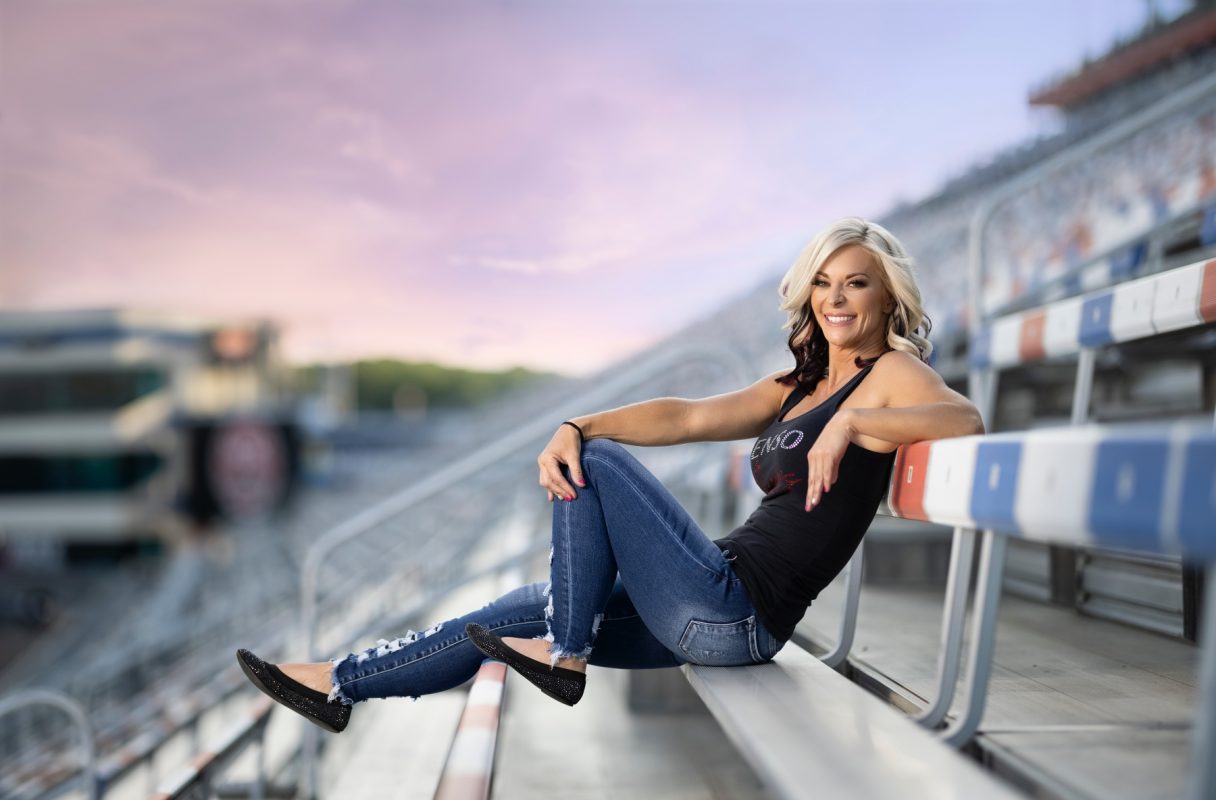
How did this relationship between Matt and yourself develop?
Matt and I were fierce rivals. I didn’t like him. He liked me, but I didn’t like him. I didn’t want to go out on a date with him. I mean, I didn’t even want to ride his Pro Stock bike because I didn’t like him. But he’s very persistent, I’ll say that. He just wore me down, I guess, and I finally went out with him. And he finally convinced me to come and test one of his Pro Stock bikes. Then I went to Rockingham in October of 2007 and tested one of his bikes and I did pretty well at it. After that, that’s when I said, “Maybe I can go Pro Stock Motorcycle racing.”
It was important to him that you learn about the engine and mechanical side of things, too. Did that happen right away?
No, I didn’t start learning how to help and do motors until about 2012. I took a back seat with it for the first five years that he and I were together. When you start running more than one motorcycle and more than two motorcycles, you got to have hands-on help, and there’s no use in him doing it all himself. That’s when I had to start learning how to do this stuff.
So how do you make it work? It seems like it can be strenuous at times, but it also seems like you have both made the most of it.
It’s a lot of giving, a little take, and with me and him being both stubborn people, very strong-willed people, you have to pick your battles and you have to pick them very cautiously. There are battles you don’t want to fight. You have to pick the battles that are worth fighting about. We eat, sleep, drink, race, everything together, 24/7. It’s very challenging, and then there are days I’m sure he wants to kill me. There are days that I want to kill him, and it’s just at the end of the day, you have to get through it. I wouldn’t want it any other way.
We both work well together. There are things that I catch that he doesn’t, and things that he catches that I don’t. So I think when we function together, we function at 150 percent, which is good. We hardly ever have anything go wrong. But when it does, we just look at each other, and it’s like, it is what it is. But it’s tough. A lot of people said that our marriage wouldn’t survive a year, and we’ve managed to make it survive 12 years.
You just have to be careful at the battles that you pick. If you pick it and you want to go head to head on a battle, you better make sure that you have all your facts straight. As I get older, either I’m more relaxed and I’m not as much of a hothead as I used to be, or you just learn what buttons to push and what buttons not to push. You learn your boundaries, I guess. My life, every year it gets better and better. I can’t complain. Life is great.
But it wasn’t always that way, at least on the track. It wasn’t until 2013 where Angie was a consistent rider in the class. Before that, there were years where she would race the full season and others — like 2012 when she only competed in five events and didn’t win a round — where things were sparse. It was during this time where Smith learned about building her brand, finding the right sponsor, and figuring out how to establish her uniqueness.
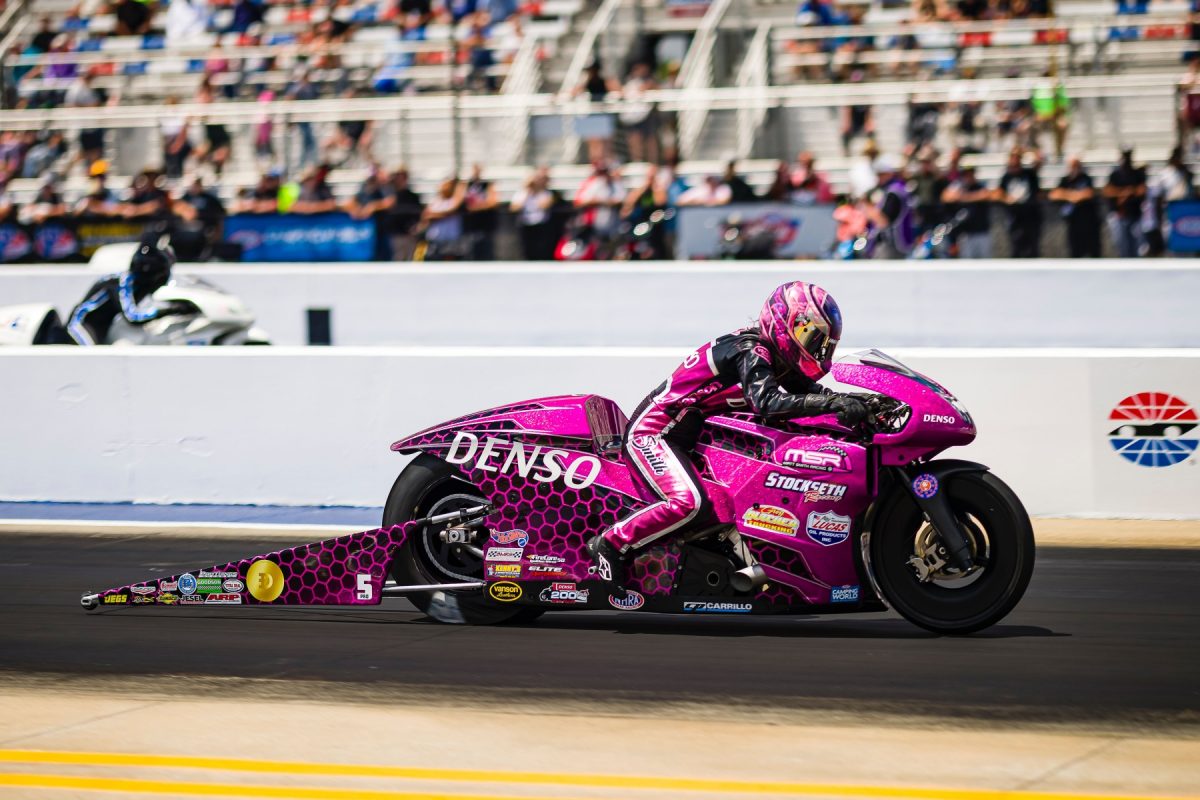
How difficult was it early in your career to find your footing? It had to be frustrating not having that initial success.
It was a struggle because a race team doesn’t operate on smiling faces and sunshine. It only operates on dollars, and that was a really hard pill for me to swallow when I would race full-time and then not race full-time, and then race full-time. It was very hard to swallow. However, it made me such a stronger person, but it also made me work hard, as in, finding money, finding sponsorship, and also working hard on myself, of how to sell myself to people and how to make myself a better rider, and how to distinguish Angie Smith away from the other female riders like Angelle and Karen. I had to find out and figure out what fits me, and why a sponsor would want to sponsor me versus the other females.
You also had to work your way through several sponsors and partners before finding the seemingly ideal one in Denso. What was that process like?
I’ve had a lot of different sponsors and what I mean by a lot of different sponsors, I’ve had everything from corporate America to the people that want to go and party and race a little bit, and everything in between. You have to figure out what works for your race team, and I had to figure that out, and then I had to figure out the aspects of what made me different.
What makes me different is I work on the bike, I’m very heavily involved in the race team. I do some of the other things. I understand the motorcycle. I can talk shop with people that understood shop talk when some other people can’t, and a lot of things like that. With corporate America, you have to be professional, you have to walk the walk and talk the talk.
One of the things that goes along with being a professional is you have to get up and you have to put yourself together, no matter how bad you feel, how sick you are.
There are going to be days that you’re sick of the racetrack. You have to put your face on and you have to go out there, you have to smile, and you have to get through it because it’s your job. I’m not one to sit in the trailer. I like to interact with people. I like to interact with fans, with fellow racers. I think that sets me apart from other racers.
I try to put my input in little stuff. It’s a little paying attention to detail and things like that, and I think I take a huge role in that because I’m very detail-oriented. I think when you function as a team, you got to be a team. It’s little things like that, that go a long way in the world of corporate America.
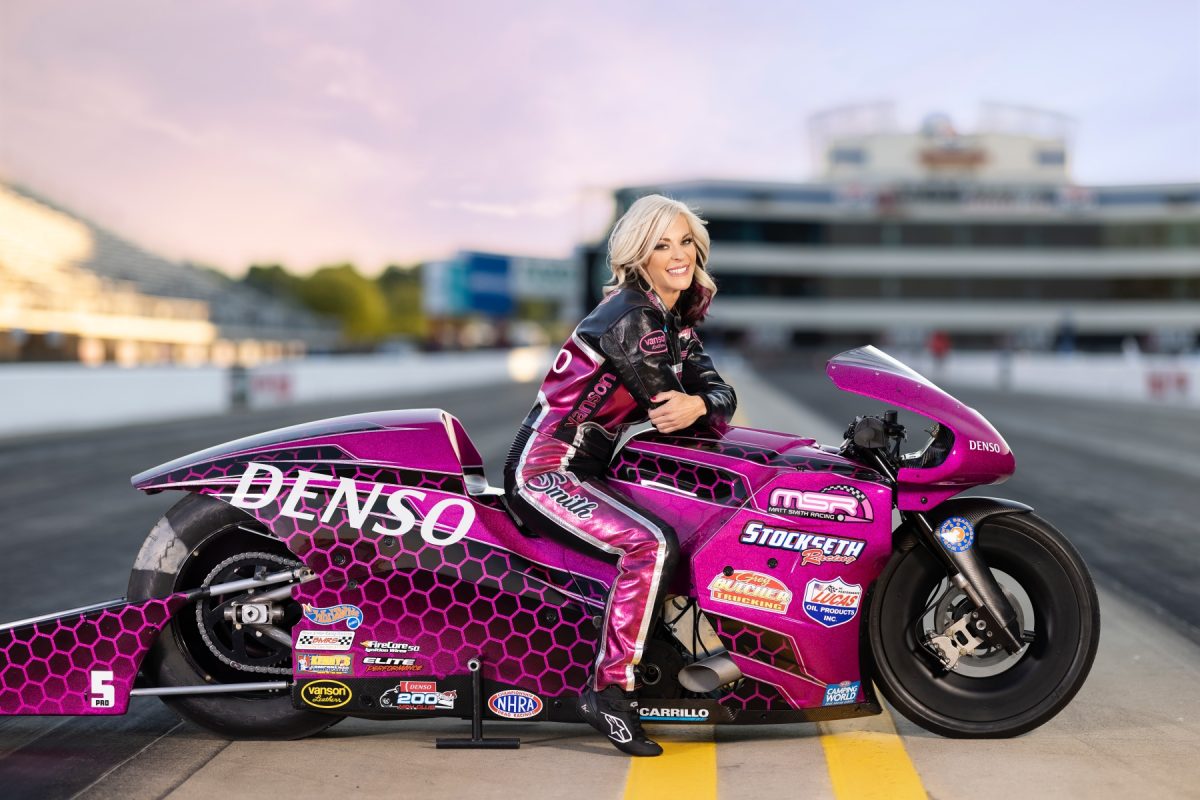
You’ve seemingly got that down pat and your relationship with Denso seems to be thriving because of it. The way you’ve embraced that partnership has been noticeable throughout the industry. How have you made it work so well and how has it embodied your whole thought process of being successful in your career?
I didn’t have a sponsor and I was sitting out runs, and I was looking for a sponsor. [Denso Marketing Communications Manager Lisa Michler] happened to walk up at the right moment and talked to Matt about it. We put something together, and I did five races the first year, and then the next year, I did all of the races. Lisa is a wonderful person, and Denso’s a wonderful company for many reasons. Lisa comes to the track, she interacts with us. For the Denso employees, we get to give them feedback about spark plugs and the things that we use.
They take that back and they make changes to their products if they need to. They’re very hands-on and very involved in our program. There’s a lot of corporate America companies out there that just write the check and get the sponsorship, and then that’s it.
Denso is very hands-on, and I love that, that they are so heavily involved, that they come to the racetrack. They care about me and Matt. They want to know, every Monday, how we did at the race and what was going on. From a racer standpoint, that makes you feel good inside because a lot of sponsors aren’t involved like that.
It’s very humbling for me. I want to represent Denso to the best of my ability, and I love all those guys. When I get to go out and do a function, and I get to go to the plant and meet the people behind the scenes, and I get to go do customer functions, they are so happy to meet us. They see us on TV and we’re like superstar status to them, it’s very humbling. It’s just the message that you portray. You can do anything you want, no matter if you want to go race lawnmowers, if you want to go snowboarding, or whatever. It’s just the message that you have to have, and have to live your life by. You can do anything that you want if you push your mind to it.
It’s been a motto that’s carried Smith and why she’s thriving, both as a positive role model and as a successful rider. She finished fifth in points in 2020, going 200 mph in Dallas to become the first female to join the Denso 200-MPH Club and winning in Las Vegas on the same weekend her husband clinched his fourth world title.
That year has only pushed Smith to want to accomplish more, both regarding wins but also having a strong influence on other aspiring females and young riders.
Are you excited about your place in the sport and the impact you currently have on females and younger racers?
I like the chance to be a role model for people, not just children, but for people in general. I feel like, when people look up to you, it’s very heartwarming that they watch how you walk, they watch how you talk, and your interactions with kids. You’re always in the spotlight. So when people look up to you like that, it’s very heartwarming.
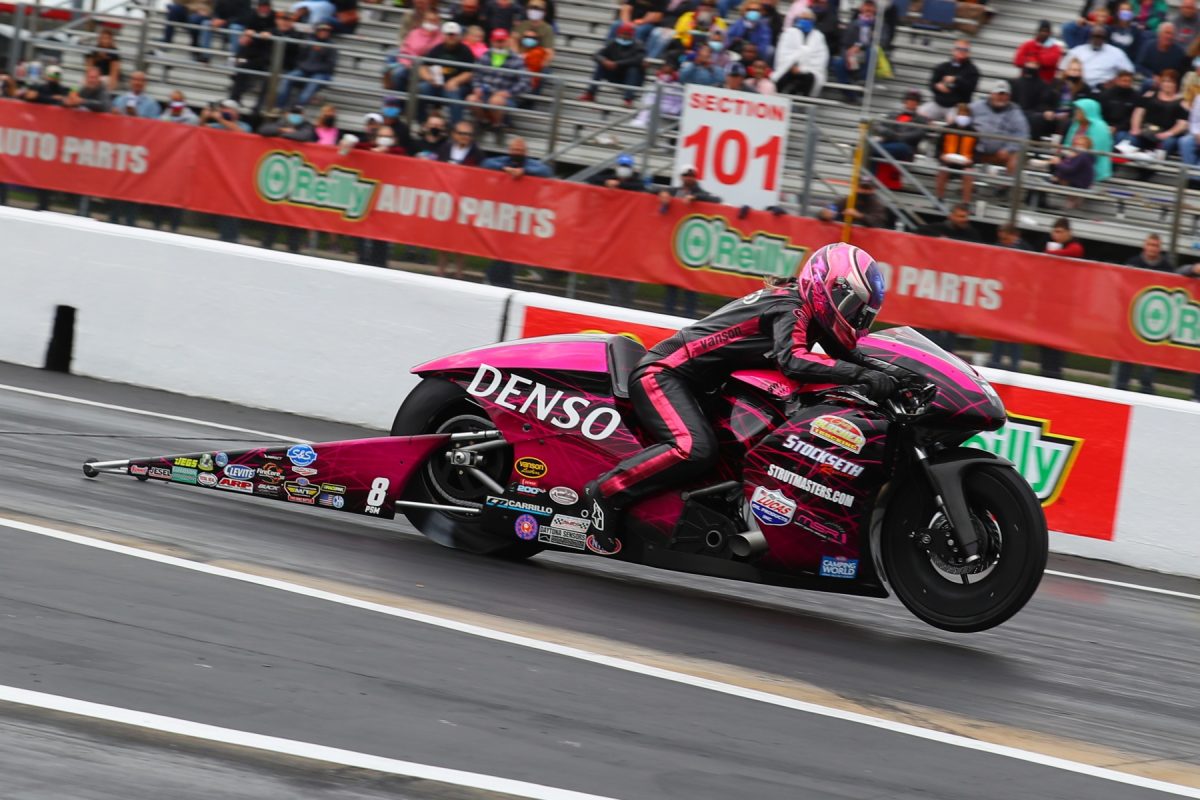
Joe McHugh photo
Of course, you were able to make history last year with the 200-mph run. What did that mean to you and, moving forward, how did that motivate you moving into 2021?
I think I’m riding better than I ever have. Last year was a very monumental year for my career, with going 200 and winning the final race of the year. Going 200, it was almost indescribable, but I still talk about it and I still get tears in my eyes because that’s one of the things with our sport, where if you go out there and set the speed record, you go out there and set the ET record, those are all things that, with time, that are going to be broken. My name is forever in the history books of the Denso 200-MPH Club. It was the last milestone in motorcycle drag racing, in our lifetime.
So, I don’t think that year could’ve gotten any better, but I always set my goals higher than I did the previous year. So my goal this year is to finish better than I did last year. I have very big shoes to fill this year, but you have to put very big goals out there where it’s almost unattainable, but you can still see it to be able to dig deep and achieve them.

